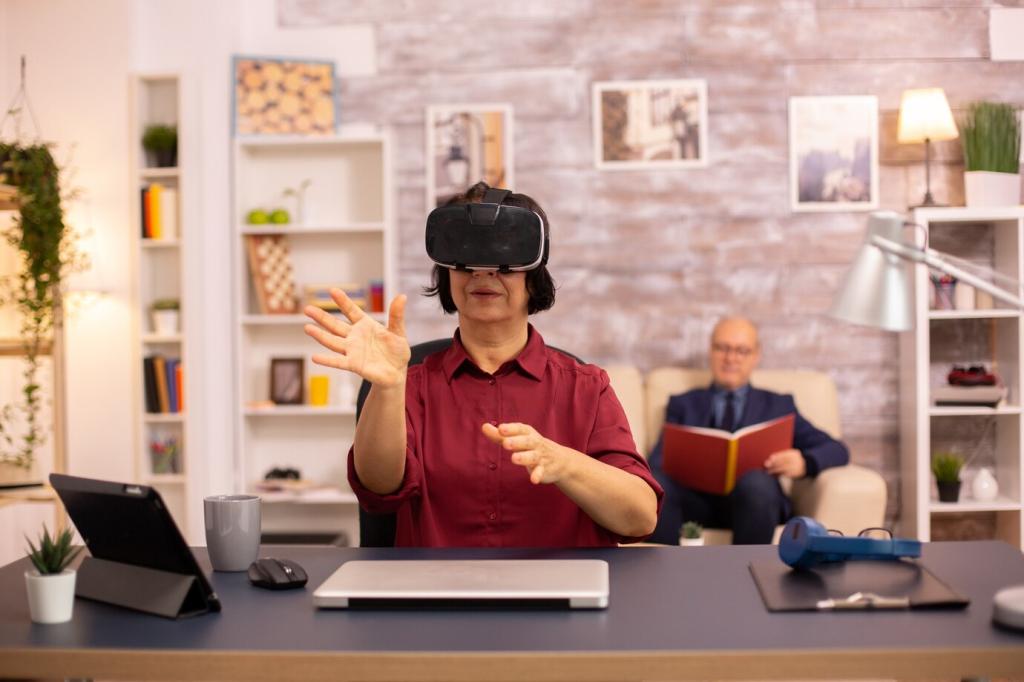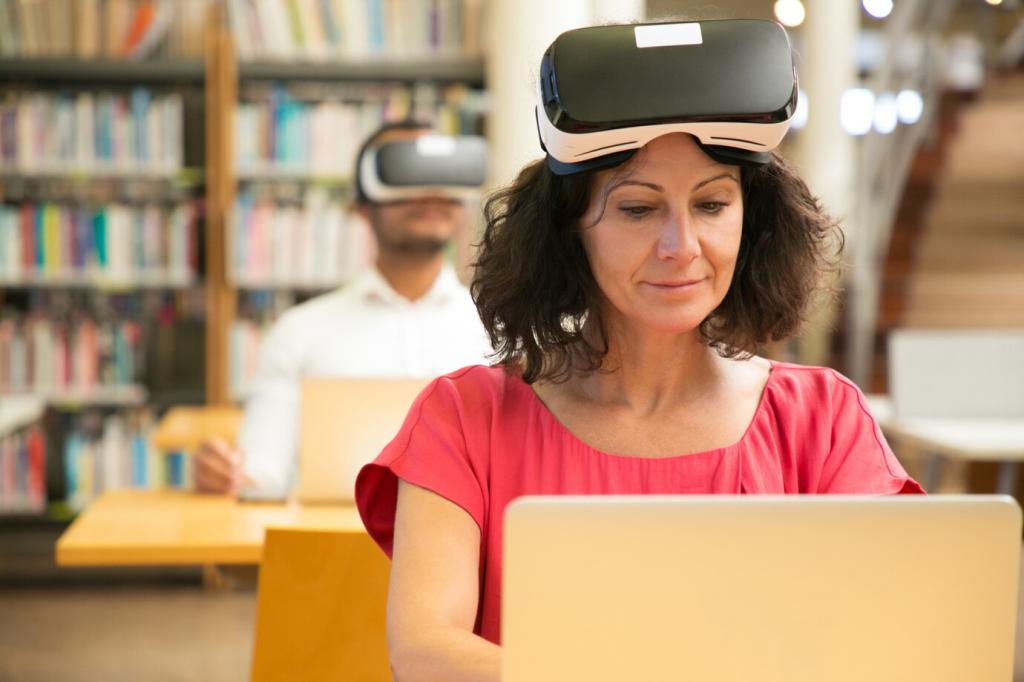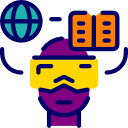
Benefits of Using Virtual Reality for Language Learners in English
Virtual reality is revolutionizing the way people learn languages, particularly English. By offering immersive, simulated environments that mimic real-life scenarios, VR helps learners engage more naturally and effectively than traditional methods. This innovative technology enables users to practice their skills in a safe, controlled space, experiencing situations that would be difficult to recreate in a classroom. From boosting confidence to enhancing interaction skills and making learning more enjoyable, virtual reality provides unique opportunities for those seeking to master the English language. The sections below explore the major benefits that VR brings to language learners.
Immersive Learning Experiences
Realistic Scenario Practice
One of the standout advantages of VR is its ability to simulate authentic real-life situations. Whether a learner is buying coffee in a busy café or asking for directions in a crowded city, VR offers these experiences in a safe, repeatable manner. This kind of scenario-based practice helps bridge the gap between classroom learning and actual language use, making the knowledge gained more applicable and memorable. As learners react to spontaneous dialogues and unexpected events, they develop the adaptability and confidence needed for real-world communication in English. This dynamic learning environment leads to greater retention and application of language skills.
Contextual Understanding
VR immerses language learners in fully contextualized interactions where meaning is shaped by surroundings, cultural cues, and non-verbal signals. Unlike studying isolated vocabulary lists, participants can see, hear, and respond to a range of communicative cues, allowing for deeper comprehension of language nuances. This context-rich exposure is critical for mastering idiomatic expressions, slang, and cultural references that are often left unexplained in traditional lessons. As learners experience firsthand how language adapts to different settings, they develop both linguistic and cultural competence, which are essential for effective communication in English.
Enhanced Sense of Presence
The strong sense of presence that VR provides makes the learning experience feel authentic and engaging. When learners feel as though they are genuinely part of an English-speaking environment, they are more motivated and emotionally invested. This emotional engagement increases focus and the likelihood of long-term retention. The feeling of “being there” also reduces self-consciousness about making mistakes, since the simulated environment provides a safe space to experiment, practice, and improve. This greater level of comfort encourages more frequent and effective language use, accelerating overall learning progress.
With the help of artificial intelligence and user data, VR language applications can provide lessons, activities, and conversations tailored to the learner’s proficiency, learning goals, and areas requiring improvement. This customization means that learners spend more time practicing the skills they need most, avoiding the frustration of generic lesson plans that don’t address their unique challenges. Whether mastering pronunciation, expanding vocabulary, or enhancing conversational skills, learners experience a targeted curriculum that evolves as they progress, making each session relevant and effective.
Personalized and Adaptive Learning
Increased Confidence and Communication Skills

Many language learners hesitate to speak due to fear of making mistakes or facing criticism, but VR eliminates these social barriers by offering a judgment-free virtual space. Learners can take risks, try out new vocabulary, and experiment with unfamiliar structures without worrying about negative reactions. This security fosters boldness and curiosity, two essential qualities for effective language acquisition. As learners gain success and handle challenges within VR, their self-assurance grows, enabling them to participate more actively in real-life English conversations.
